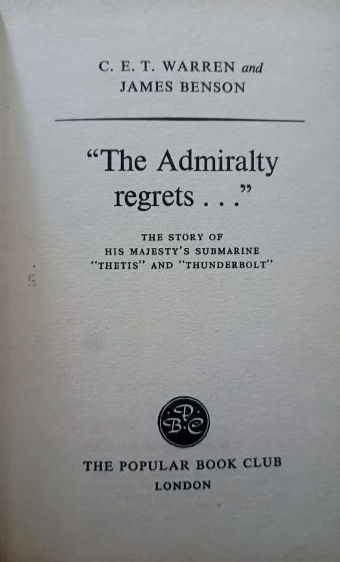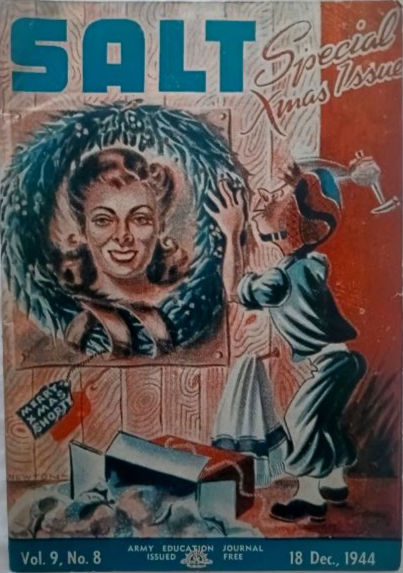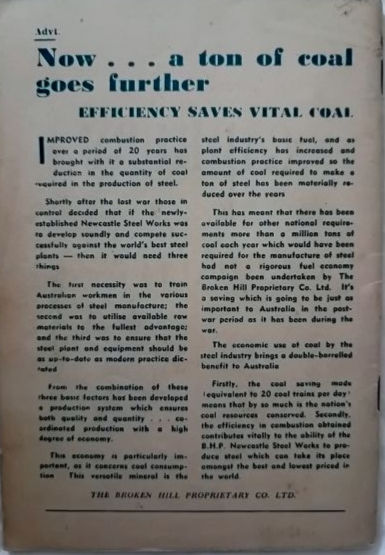Sweden Without The Bomb: The Conduct of a Nuclear-capable Nation Without Nuclear Weapons (1994) By Paul M. Cole
Sweden, which organized its nuclear weapon research program in 1945, began to step back from the nuclear threshold in the mid-1960s and later formalized its nonnuclear status by becoming a signatory to the Nonproliferation Treaty. This case study is part of a larger project on the decisionmaking of states considering procuring or abandoning nuclear weapons. It assesses the factors that caused Sweden to forgo the acquisition of nuclear weapons and seeks lessons from the historic Swedish case that might apply to contemporary nations technically competent to construct and deploy such weapons. It looks at the differences between the status-quo Sweden and revolutionary nuclear states; considers cultural correlates to decisions about nuclear weapons; discusses options for obtaining nuclear materials; analyzes the concept of limited nuclear war; discusses applying Sweden's approach to its decision by a cadre of defense specialists, suggesting the most effective barrier to nuclear-club entry may be to make threshold states better nuclear strategists; and discusses Sweden's achievement of nuclear deterrence without nuclear weapons using a most astonishing logic: that Sweden was somehow protected by the NATO (meaning the U.S.) nuclear umbrella extended to Europe.
- Soft Cover
- 273 pages
- In Fair to Good Condition
































